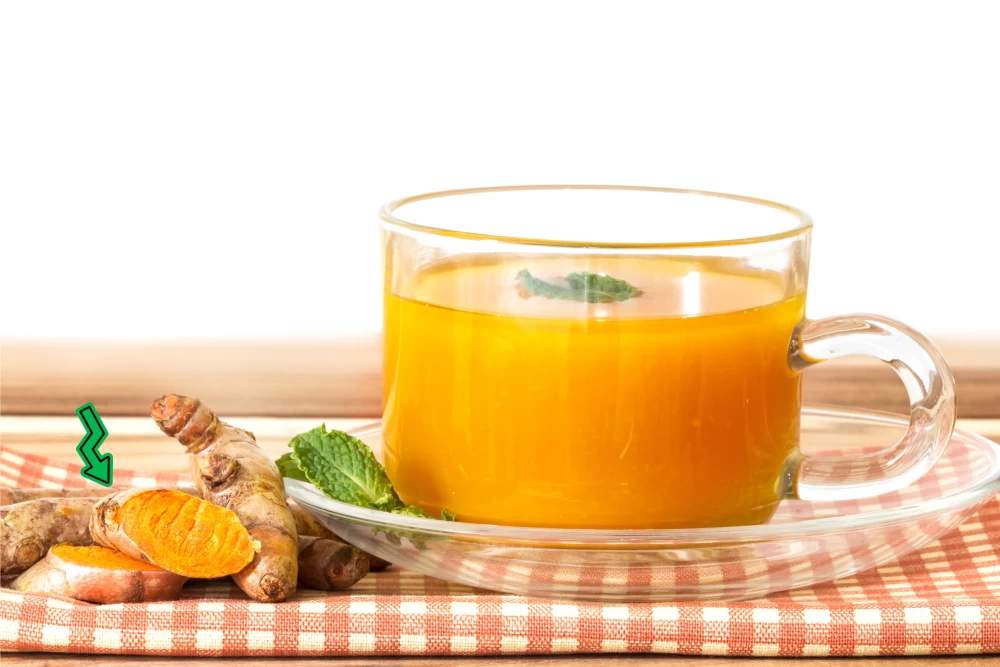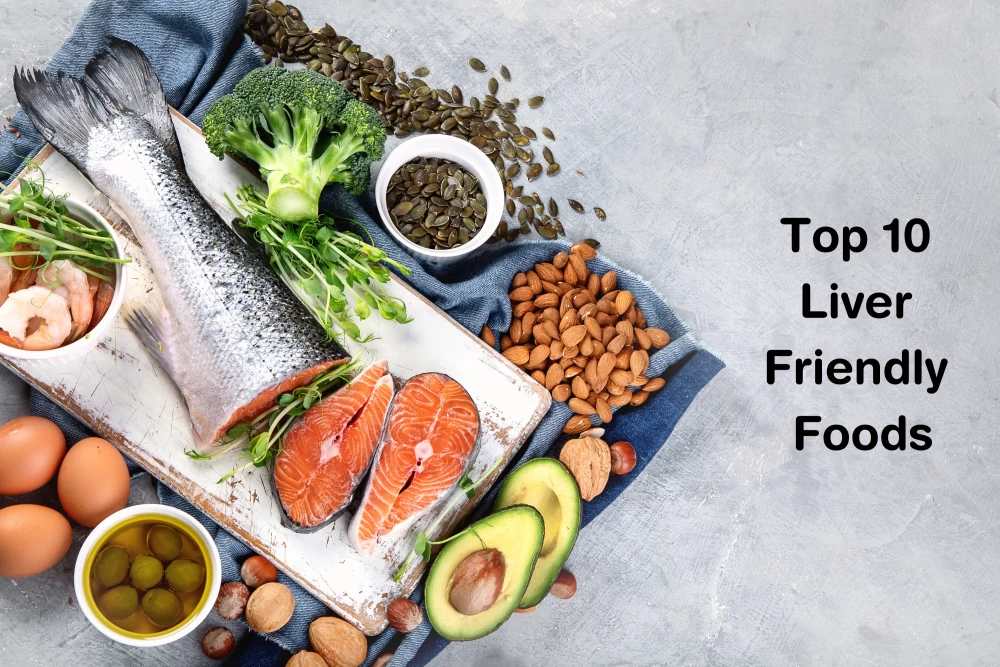
- 17th June 2024
Table of Contents
Because of its powerful antioxidant and anti-inflammatory effects, turmeric has been utilized in traditional medicine for more than four thousand years. Researchers have found that turmeric's active ingredient, curcumin, can increase levels of brain-derived neurotrophic factor (BDNF), which may slow or reverse the effects of age-related brain decline and certain brain diseases.
Turmeric tea, a simple yet potent beverage, is prepared by steeping turmeric in hot water, frequently with additional ingredients that complement it, such as lemon or ginger. Many people are using it to improve their health and wellness routines naturally, as it is becoming increasingly popular.
Turmeric tea has recently gained a lot of popularity, and this article will go over some of the reasons why. There are directions on how to prepare turmeric tea and a rundown of its many advantages.
What is Turmeric?
The root of the ginger-family Curcuma longa plant produces the bright yellow-orange spice known as turmeric. Soups and curries, especially those from Asian cuisines, benefit from its flavorful and visually appealing addition. Turmeric has a strong, aromatic aroma and a flavor that is earthy and slightly bitter.
In India, Southeast Asia, and the Middle East, turmeric holds a special cultural and historical significance. In these cultures, turmeric has a long history of use as a medicinal remedy for everything from gastrointestinal problems to skin infections, in addition to its culinary uses.
Turmeric has anti-inflammatory, antibacterial, and antiviral characteristics; it is also renowned as a cleansing herb in Ayurvedic medicine.
Turmeric primarily contains the active ingredient curcumin. The majority of turmeric's medicinal properties and the spice's characteristic yellow hue are derived from it. The antioxidant capabilities of curcumin are due to its status as a polyphenol.
Many degenerative diseases and disorders are associated with chronic inflammation, such as cancer, metabolic syndrome, Alzheimer's disease, heart disease, and others. Inhibiting molecules involved in inflammation, like nuclear factor-kappa B (NF-κB) and different cytokines, is how curcumin works in the body.

Health Benefits of Turmeric Tea
1. Rich in a variety of nutrients
When people talk about the health benefits of turmeric, curcumin usually comes up first. However, it isn't the sole nutritional component of turmeric or turmeric tea.
The following is also contained in one teaspoon (3 grams) of dried turmeric, which is equivalent to the amount you would use to make one or two cups of turmeric tea:
- Manganese: 26% of daily requirement
- Iron: 9% of daily requirement
- Copper: 4% of daily requirement
2. Low in calories
One cup (237 mL) of turmeric tea without milk or sweeteners like honey probably has 10 to 30 calories, depending on the type and amount of turmeric used.
So, if you're trying to cut back on calories, try substituting turmeric tea for sugary drinks, fruit juices, and alcoholic beverages.
3. Rich in bioactive compounds
Nutritional elements that have bioactive components are good for people's health. Minerals and vitamins are among them, but so are polyphenols and volatile oils, two less well-known substances.
Turmeric tea contains hundreds of bioactive compounds, the most abundant of which are curcuminoids like curcumin. Turmeric also contains numerous antioxidants and volatile essential oils.
4. Improve cardiovascular health
In addition to their potential health benefits, turmeric and curcumin may aid in maintaining normal cardiac function.
Blood pressure and blood fat levels are risk factors for heart disease when they exceed normal levels; however, studies suggest that curcumin and turmeric supplements may reduce these levels.
A study indicated that systolic blood pressure—the first number in a blood pressure reading—was significantly reduced in participants who took turmeric for 12 weeks or more. This figure indicates the amount of force exerted on the arterial walls with each cardiac contraction.
A different study found that taking curcumin and turmeric supplements lowered levels of certain blood fats, such as total triglycerides and LDL (bad) cholesterol.
While the supplements used in these studies may have a higher concentration of curcumin, the results still show that turmeric tea could be a healthy addition to a heart-healthy diet.
5. Can boost mood
Curcumin is being studied by scientists for potential effects on depression and mood disorders, which could improve your mood.
While it's likely that even a small amount of turmeric tea—just one or two cups—may not have the same impact on mood as the large amounts of concentrated curcumin consumed by study participants, it's still plausible.
The simple act of making and enjoying a steaming cup of tea is a cherished tradition for countless individuals across the globe. On its own, this may improve some people's moods.
A cup of turmeric tea is a great way to start the day, relax after a meal, or wind down for the night.
6. Perfect for a nightcap
Caffeine is not present in plain turmeric tea. As a result, you can enjoy this tea in the late afternoon or evening without worrying about waking up the next day.
On top of that, it complements chamomile and other caffeine-free teas nicely.
Turmeric tea, on the other hand, is commonly mixed with caffeinated green or black tea varieties. Look for caffeine-free turmeric tea if you'd like to drink it without the energy boost.
7. Works as a natural plant-based diet
The curcuminoids in turmeric are responsible for its distinctive bright yellowish-orange color.
The color pigments in turmeric are so potent that they can permanently discolor many surfaces, including teeth, clothing, and countertops.
That could be the perfect solution for certain problems. If you want to dye fabric or eggs without using harmful chemicals or additives, try turmeric tea or just turmeric infused in water.














